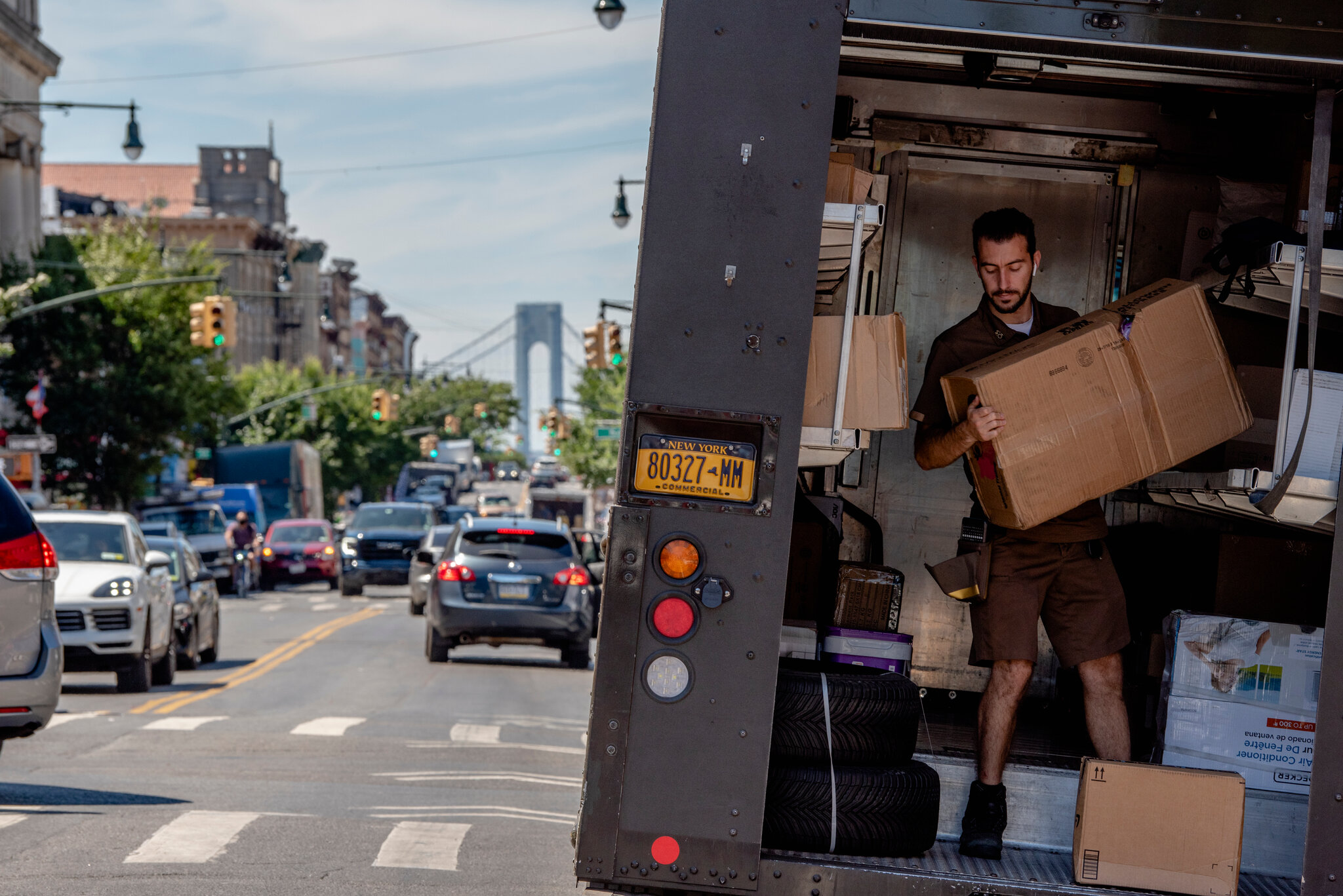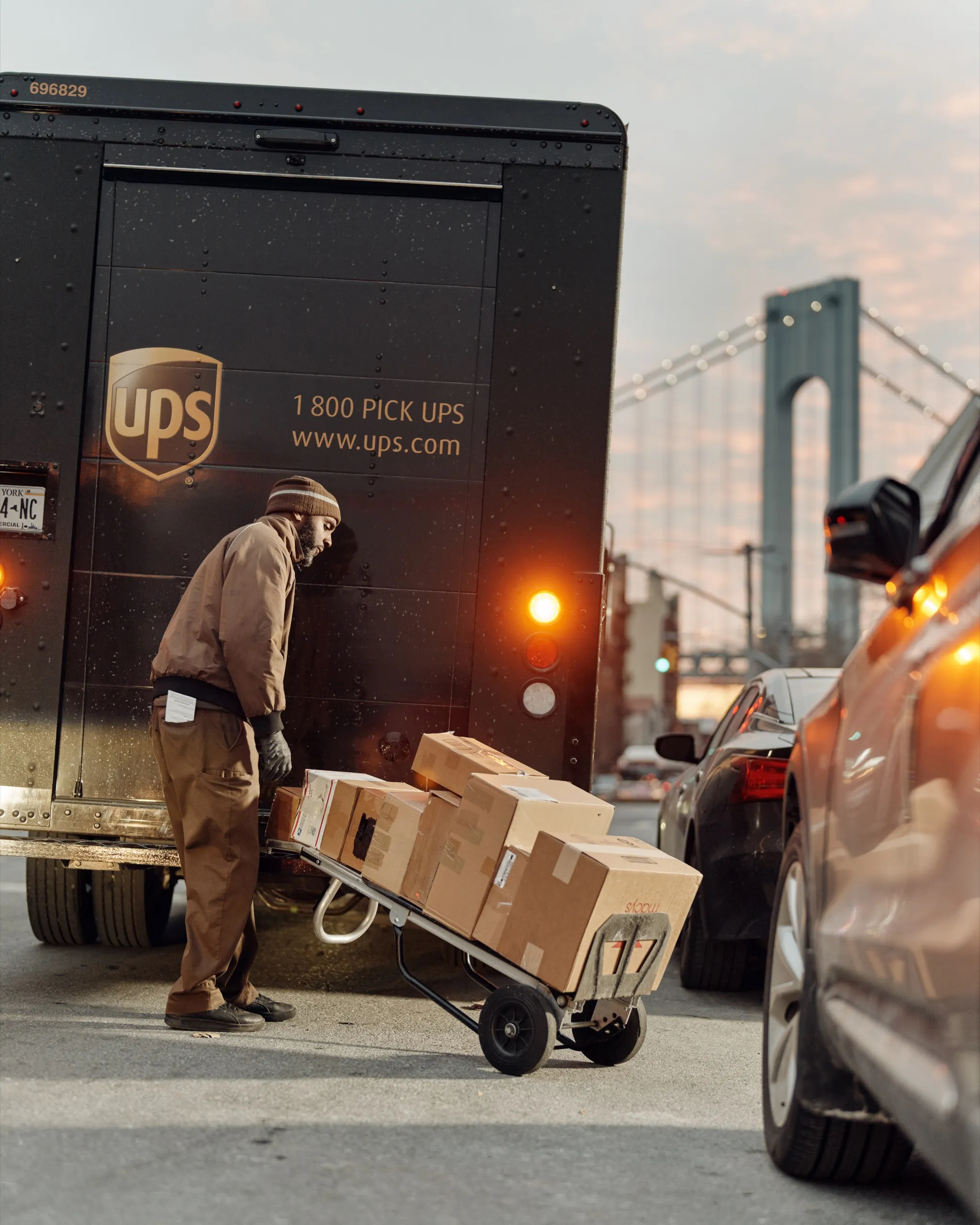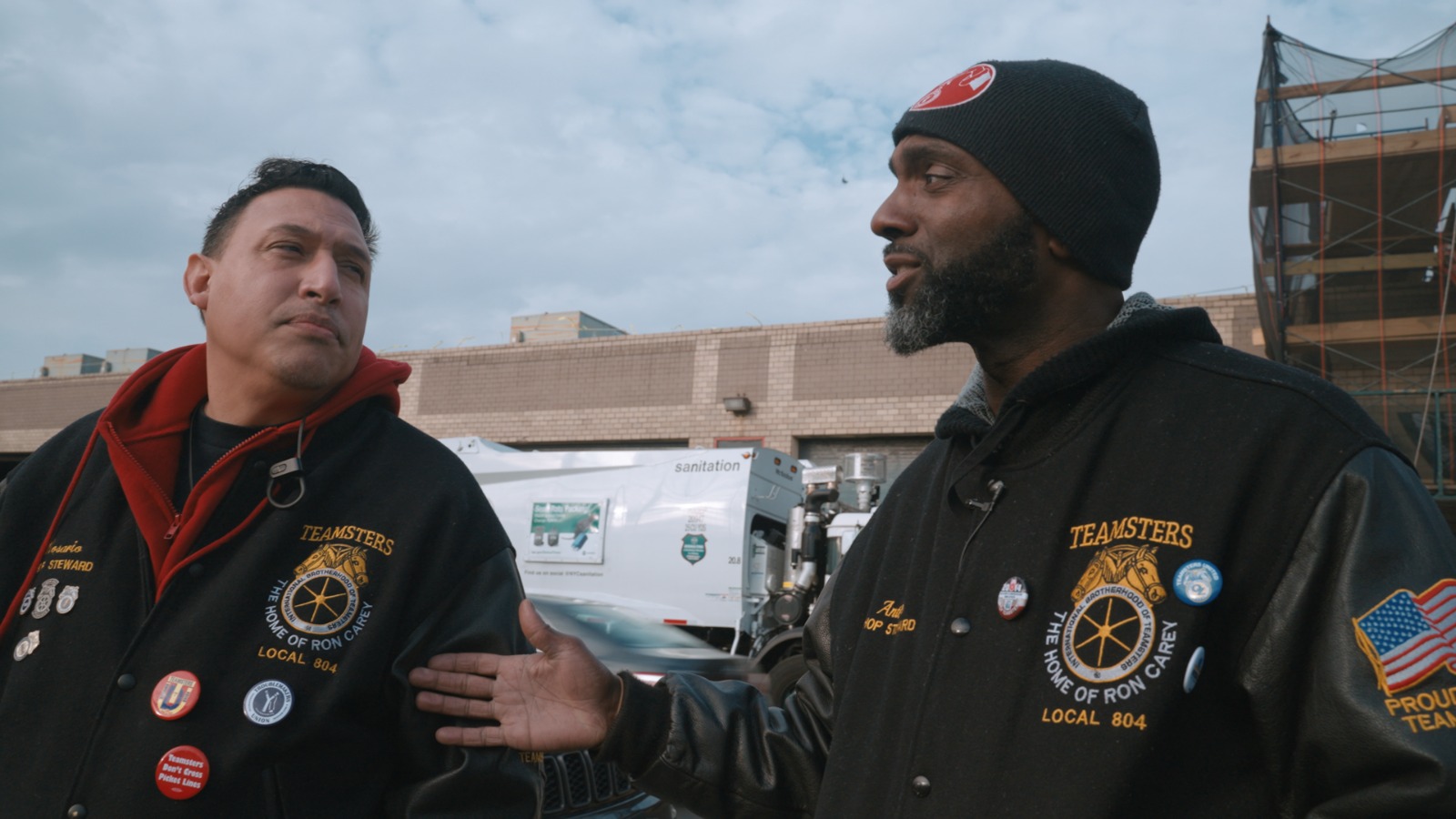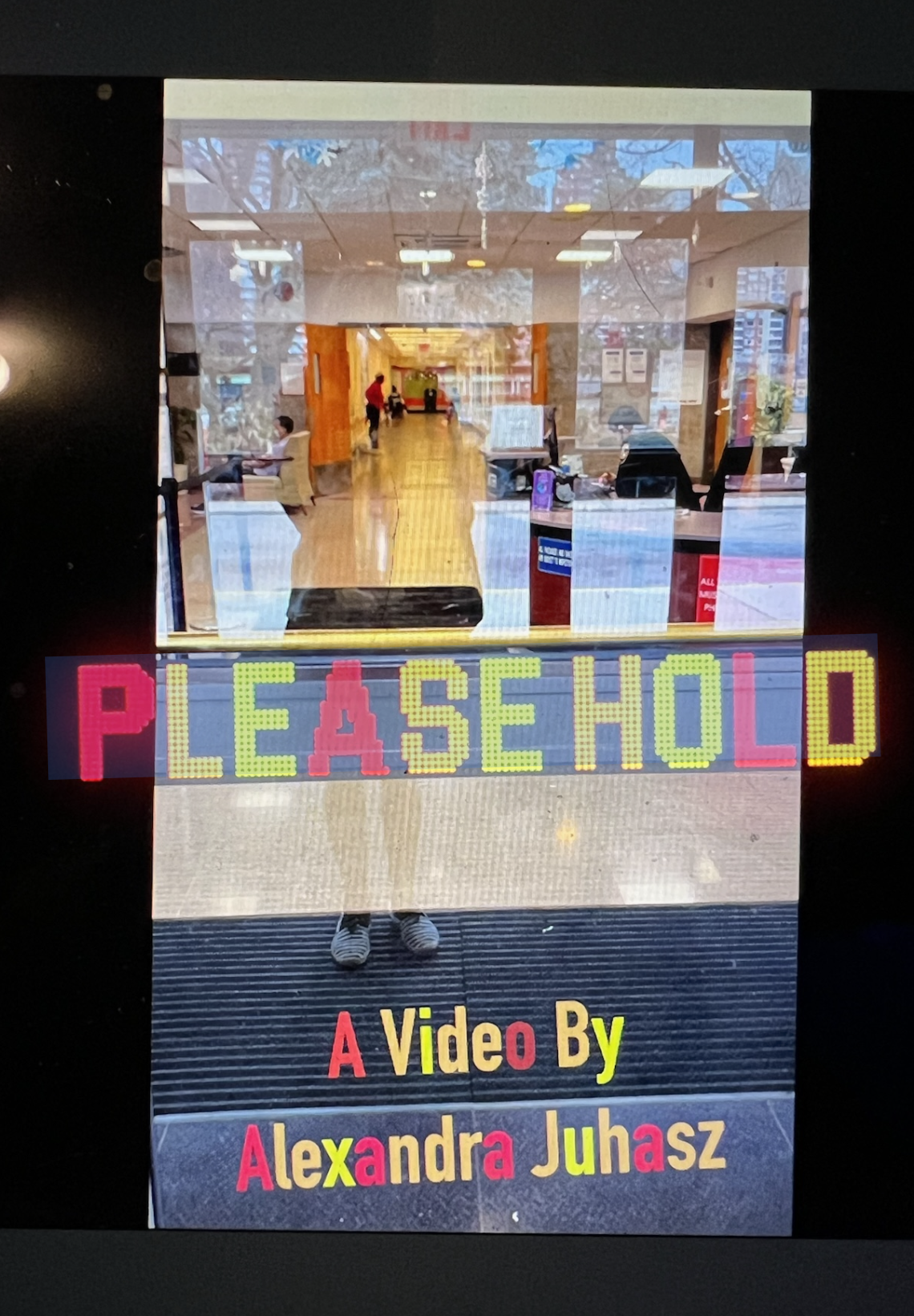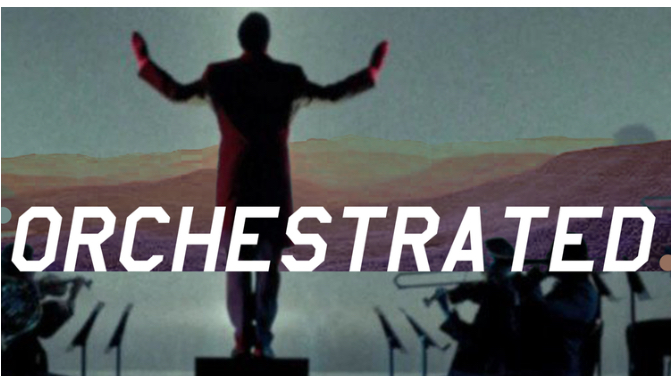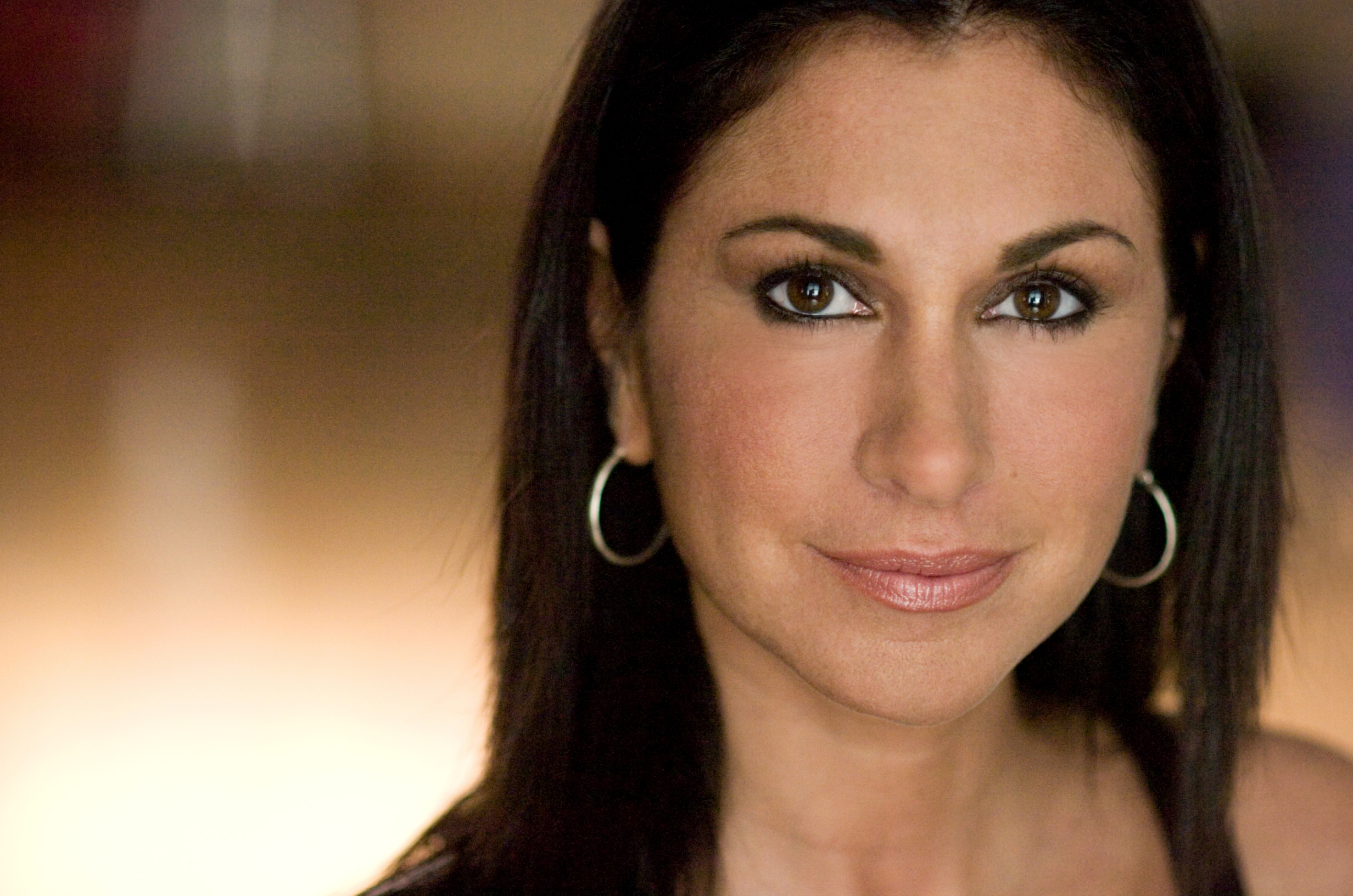Genre
Synopsis
Dressed in iconic brown uniforms, UPS workers are a beloved and instantly recognizable force - friends with everyone on the block and even welcomed inside some customers’ homes to join them at the dinner table. In 2022, UPS raked in a record $11.5 billion in profits, yet despite the company’s financial success, working at UPS has never been harder. Workers have had enough and with the recent election of militant Teamsters general president Sean O’Brien, both the union and the company are gearing up for an explosive labor battle the likes of which hasn’t been seen in generations. From spring through summer of 2023, our documentary follows the dramatic arcs of rank-and-file workers in New York City, California’s Inland Empire, and Louisville, Kentucky, as they organize to get strike-ready. Interspersed throughout, we witness Teamsters general president Sean O’Brien and other union leaders mount increasing pressure on UPS to improve working conditions or face the might of 350,000 workers - the largest-ever strike on a single company. From behind the closed doors of contentious negotiation meetings to screaming matches out on fired-up picket lines, audiences will witness the powerful journey of everyday UPS workers going toe-to-toe with a global logistics giant. The stakes could not be higher and whether the strike succeeds or fails, the future of work will be forever changed.
Given the nationwide scope of the UPS contract, our film team is intent on representing a diversity of worker experiences in a variety of geographic locations as well as embedding ourselves specifically in locals which will serve as strategic nodal points if the strike comes to fruition. As described by UPS driver Justin Alo, a mass organizing campaign means that what one person does in New York will directly impact another person all the way in California - even if these people are total strangers who will never meet. That is why our chosen storytelling method features multiple characters in multiple locations: demonstrating the interconnected ripple effects of collective organizing amongst workers who have no immediate connection to or even knowledge of one another. We also felt it was important that the experiences of rank-and-file workers serve as the foundation of the film: our main characters establish the stakes of this contract fight and help elucidate in deeply personal terms what is coming, what they stand to win, and what they risk losing.
One of the most historically militant Teamsters locals in the country, the storyline for Local 804 in New York City follows protagonist Angelique Dawkins, a middle-aged Black woman who is the leader of the local’s nascent women’s committee. Dawkins and her close friends and colleagues Antoine Andrews and Tony Rosario are Black and Puerto Rican UPS drivers who were all politicized by the ‘97 strike. We witness as these storied organizers struggle and succeed in convincing inexperienced rookies and disillusioned co-workers to commit themselves to strike readiness.
California’s Inland Empire is one of the most significant (and disturbing) industrial hubs in the United States: with the worst air quality in the country, this hot and desolate landscape is populated by Amazon warehouses, ICE detention facilities, and prisons. This storyline follows Chicano workers at Local 396 who split their labor part-time between UPS and Amazon warehouses. We witness the challenging realities and incredible resilience of workers trying to support their families through part-time jobs while also navigating America’s draconian immigration system. We are in the final stages of participant casting for Inland Empire.
Louisville, Kentucky is home to UPS Worldport: the company’s breathtaking central airport delivery hub. Worldport covers an impressive 90 football fields and operates more than 155 miles of conveyor belts. Local 89’s narrative thread follows Gen-Z airport package loaders in a Southern right-to-work state: a state where workers can opt out of union membership at a unionized workplace. We see tension between organizers and workers who are new to union jobs, least invested in the strike, and most likely to scab (continue working through a strike). We are in the final stages of participant casting for Louisville, Kentucky.
Lastly, a sharp-tongued, fourth-generation Teamster with a thick Boston accent, President Sean O'Brien has already distinguished himself from his presidential predecessors by campaigning as a "giant-slayer," ready to take aggressive action against UPS. Over the course of the film, we join O’Brien as he criss-crosses the country and navigates mounting pressure from all sides: the company, politicians, the general public, and of course, the thousands of UPS workers he represents.
While on a surface-level, the film’s central conflict will take place between the union and the company, this documentary will present a deeper, more nuanced portrait of a multi-layered political battle. Within the union, there is pressure from reform groups like Teamsters for a Democratic Union to hold leadership to account and to militantly organize rank-and-file workers. These contract negotiations will illustrate the institutional hurdles a union reform organization may face and why reform groups have become a necessity more broadly in the labor movement. Major conflict will arise from the internal political disagreements between union members and the ways in which changing workplace practices and increasing job difficulty (like full-time jobs being replaced by part-time work) are pitting workers against one another. Can Teamsters put aside their internal differences and unify in a show of strength during the work stoppage? If not, in-fighting and resentment could spell disaster for the union.
Although nothing is certain, labor journalists and academics are projecting that it is extremely likely that the strike will occur. However, in the event that an agreement is reached and the strike is averted, there is no doubt that severe disappointment, tumultuous feelings, and vicious disputes will arise amongst the workforce and union leadership will be put in the hot seat (What compromises were made and why? Who was left in the dust? etc.) This result is just as worthy of documentation and by embedding ourselves with dynamic and relatable characters, audiences will be moved no matter how this momentous story progresses.
Bio
Yael Bridge is an Emmy-nominated documentary filmmaker. Her first feature, The Big Scary "S" Word, explores the history and resurgence of socialism in the United States and premiered at Hot Docs 2019. Previously she produced several documentaries including Saving Capitalism, starring former Secretary of Labor Robert Reich, which was nominated for an Emmy Award in Business and Economics. She also produced Left on Purpose, winner of the Audience Award at DOC NYC. Previously she was also the director of productions at Inequality Media, making viral videos that tackled complex political issues and gained over 100 million views. She holds an MFA in documentary film from Stanford University and an MA in media studies from the New School. She currently lives in Oakland.
Credits
Producer - Yoni Golijov
Producer - Mars Verrone
Producer - Jeremy Flood

